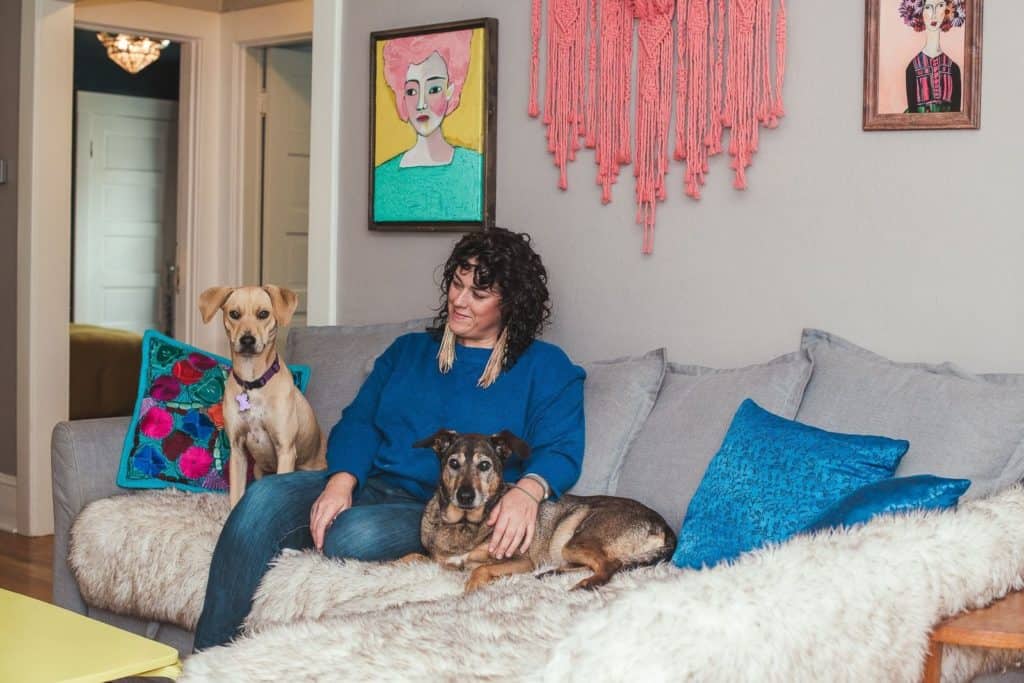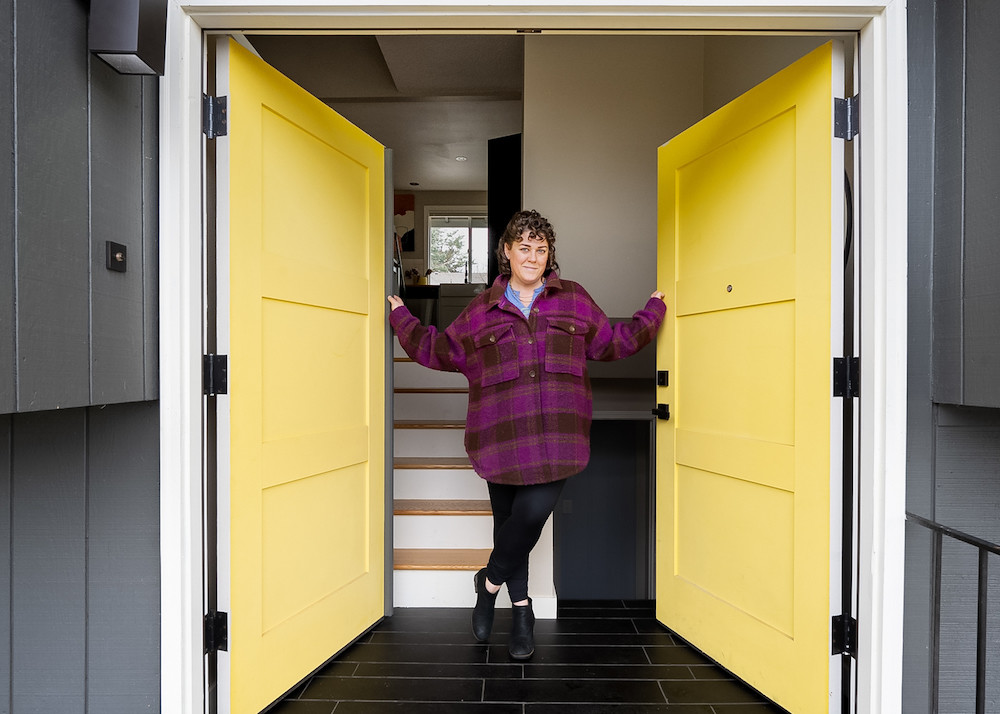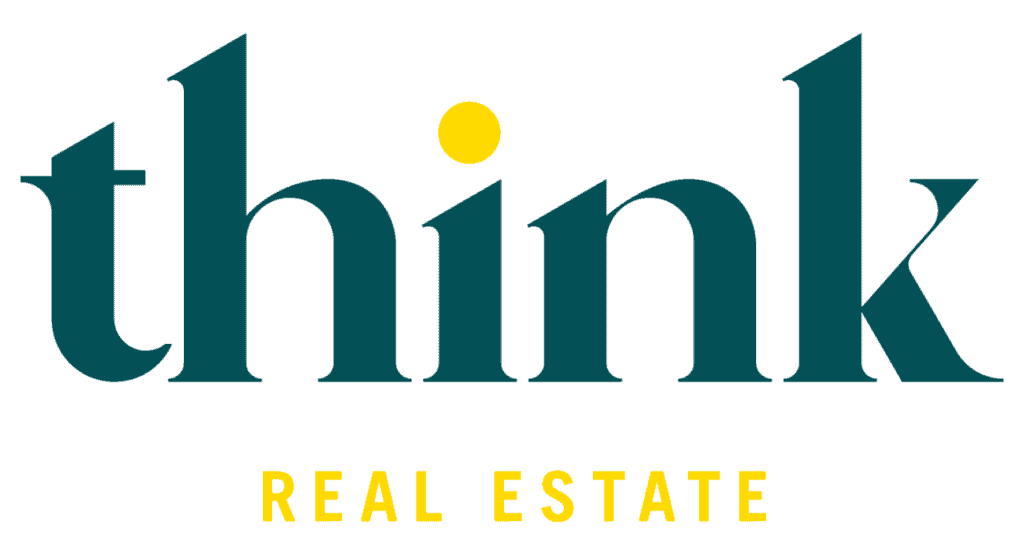It’s time to get real here (not that we don’t always ;))
I want to talk about something we all deal with but rarely discuss: money shame. Recently on Instagram, I had a fantastic conversation with my friend Renee Spears, former mortgage broker turned spiritual mentor, who has helped me tremendously with my own financial mindset woes. We dove deep into the murky waters of money shame, and I want to share some insights and personal experiences with you.
For the full experience, check out the live here.

For me, growing up poor and relying on food stamps and subsidized housing, money was always a source of anxiety. When I started making money in real estate, I wasn’t prepared for the complex emotions that came with actually having it. I had racked up $65,000 in credit card debt trying to launch my career and keep afloat. It’s true! The weight of that debt was crushing, and I felt like a fraud.
It took years to unpack that, and it’s still a process I’m going through today. It wasn’t until I intentionally faced my money shame, that I started to see movement towards a better relationship with money all around.
If this sounds a little bit like you, I want this blog to serve as a little checklist of some of the more powerful things that Renee helped me work through, and I want to help you through too! Some are tools, some are bits of reframing — all have been monumental in shifting my perspective and helping me build a more secure future for myself.
Ready? Let’s get into it.
The Role of Compassion and Grace
The cheat sheet to overcoming money shame could probably be summed up in one word — self-compassion. Many of us weren’t taught how to handle money, especially if we grew up in less affluent families. It’s vital to acknowledge this and speak kindly to ourselves. Shaming ourselves for financial mistakes only perpetuates the cycle of negativity.
Ask yourself: “When am I cruel to myself in relation to money? When I spend it on leisure? When I see my credit card bill? How can I change this to be kinder?”

Overcoming Shame: The Power of Transparency
If I had to choose any other key tool to overcoming money shame, it would be transparency, transparency, transparency. It’s easily the quickest way to take the power out of something, is to call it right out. Sharing your financial struggles with someone you trust can significantly reduce the burden of shame. My friend Chandra has always emphasized that sharing your embarrassment always diminishes its power (get yourself friends like mine folks ;)).
You may also find that those you share with have been in, or are in, similar situations to you. You can use the power of community through transparency to change your situation together. Form accountability groups with your friends, learn about finance together, set financial goals for each other. Lift each other up!
Challenge yourself to open up about your finances to a trusted person this week.
The Healing Power of Debt Gratitude
One of the most pivotal moments in my journey was when Renee asked me to list what my debt had allowed me to do. To view my debt with gratitude. As I recounted paying for a much-needed vacation, painting my house, and helping a friend in need, I realized that my debt had enabled me to live a fuller life. Renee’s advice to love my debt sounded absurd at first, but it was transformative. Instead of viewing debt as a failure, I began to see it as a stepping stone.
People with money leverage debt all the time. They use other people’s money to grow their wealth, whereas those without money often don’t know this is an option. It’s crucial to shift our mindset from viewing debt as inherently bad to seeing it as a tool that can be managed and even appreciated.
Want to play with this — try asking yourself, “what are all the best things my debt has allowed me to do?”
Financial Anxiety Doesn’t Just Go Away When You Have Enough
Money shame isn’t just about not having enough; it’s also about not knowing what to do when you have enough. I remember the fear of losing what I had earned when I first got settled in my career, and the anxiety of not knowing how to manage it. It’s important to meet with someone who can help you understand good debt versus bad debt, and the practical steps to manage it. One of the best ways to minimize financial anxiety is to build a team of financially savvy professionals around you who can field your questions and help you make strong financial decisions.
One such instance that Renee and I discussed was the option of paying off high-interest credit card debt by consolidating it into a lower-interest home equity line of credit (HELOC) can be a game-changer. This simple math and logical approach can help you get ahead of your debt. Did you know that was an option? Having a strong financial team around you (your realtor included) can help bring options like this to light.
Want to know how I used a HELOC to pay off my credit card debt? Read this little blog.
From Scarcity to Abundance
Really this tip should come first because it is that powerful — shifting from a scarcity mindset to one of abundance can change your financial life! This isn’t just about accumulating wealth but recognizing and appreciating what you have now. Whether it’s a roof over your head, food on the table, or the ability to support friends and family, acknowledging these can foster a healthier relationship with money.
Our society often equates wealth with happiness, but that’s a myth. Whether you have $100 or $100 million, your happiness can’t depend on your bank balance. It’s possible to feel wealthy without having millions if you focus on what you do have and appreciate it.
I feel like this advice often comes from those people who have always come from wealth, but I hope that it can feel a little more realistic coming from someone who definitely was not always financially stable — living abundantly in my mindset at every stage has only in turn, brought me more abundance. One of the happiest times of my life was living in Mexico, off of very little money, and being absolutely stoked to find a fruit crate on the street to paint so I would finally have a bedside table.
Embracing Financial Responsibility as Self-Care
Last but certainly not least — start thinking about taking care of your finances as a form of self-care! This includes budgeting, saving, and making informed financial decisions. It’s not just about indulgence; it’s about ensuring you have enough to live comfortably and sustainably. Make facing your finances routine, and better yet — pleasurable! As often as you wash your hair, you should be taking positive financial action — learn something new, check your bank balance, talk to your accountant, see if there’s money you can allocate to debt or saving. Facing your finances regularly and in a low-stakes and positive way is a sign of a healthy relationship with your finances.
Try setting a financial date with yourself once a week – what will you do during this time? What feels accessible to you right now?

Final Thoughts: The Inside Job
Overcoming money shame is an inside job. It’s about changing your mindset, addressing your fears, and embracing your financial journey with compassion and gratitude. Remember, money is just a tool—it’s your relationship with it that matters most.
If you’re struggling with money shame, consider seeking guidance from a mentor or a financial advisor. And if you need some energetic goodness, Renee Spears is a fantastic resource. Her insights have changed my life, and I’m sure they can help you too.
Here’s to loving our money, appreciating our debt, and embracing a life of financial wellness!







